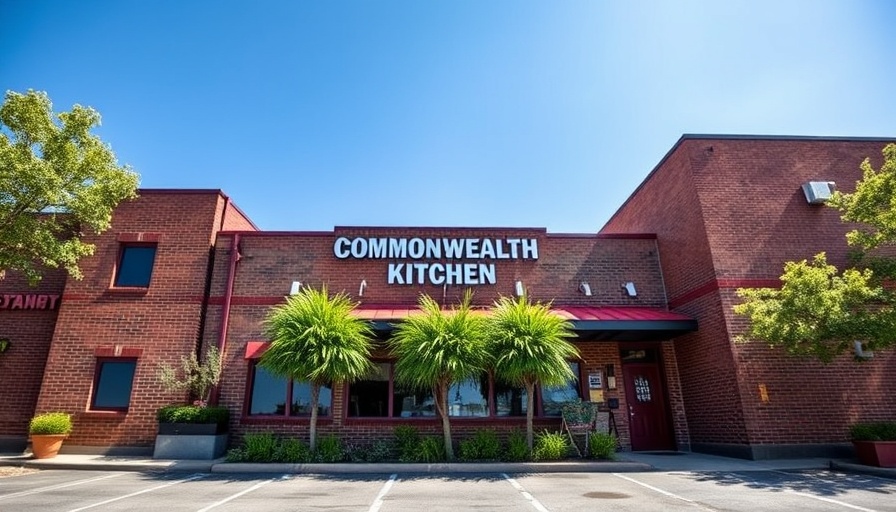
Unveiling the Hidden Crisis at CommonWealth Kitchen
CommonWealth Kitchen (CWK), once celebrated for its role in nurturing food entrepreneurs, now faces serious allegations of cultivating a toxic work environment. As highlighted by the Boston Globe, dozens of staff and members have come forward, expressing deep frustrations with management, particularly under the leadership of executive director Jen Faigel.
Problems Brewing in the Kitchen
Located in Dorchester, CWK has operated since 2009, gaining a reputation for empowering minority-owned food businesses through training and support. However, many former and current users of the kitchen have accused the organization of failing to deliver on its promises. For instance, Nathalie Lecorps, the owner of Gourmet Kreyol, reported feeling neglected and tokenized, having not received training in years and feeling financially exploited.
The situation is exacerbated by high turnover rates among staff and rapid changes in the board, which have led to confusion and burnout. Staff members have alleged that those benefiting from CWK's resources are increasingly marginalized, while the organization profits off their struggles.
A Call for Accountability
The revelations have triggered concerns about CWK’s mission and its ability to serve its core community effectively. In a culture described as toxic, employees have voiced feelings of being overwhelmed and unsupported. An anonymous complaint cited the tokenization of minorities, raising questions about the priorities within the organization.
The Impact on Local Businesses
For many minority-owned food businesses, CWK provided a gateway to success. However, the failure to uphold the support infrastructure has left business owners feeling betrayed. The ramifications go beyond individual frustrations, impacting the wider community that relied on CWK as a beacon of hope and opportunity.
Moving Forward: Community Voices Matter
These developments at CommonWealth Kitchen highlight the importance of accountability within nonprofits. Stakeholders are calling for transparency and urgent reform to restore trust and support for those who need it most. As we witness this unfolding story, local food entrepreneurs deserve a supportive environment that fosters growth rather than disillusionment.
 Add Row
Add Row  Add
Add 




Write A Comment